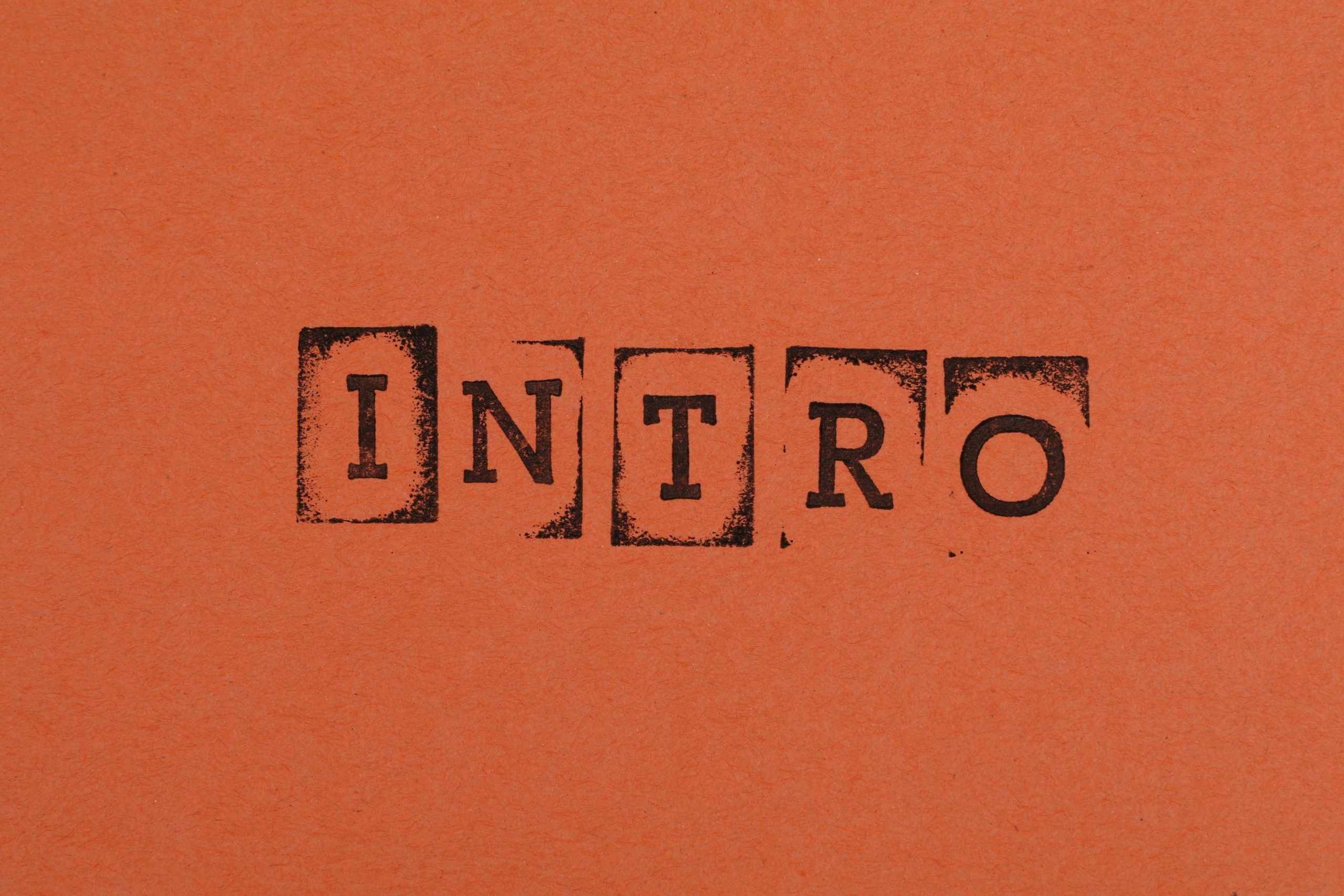Why Virtual?
Josh Harrison, Producer
Introduction
As a provider of virtual events, the company I work for has a vested interest in putting “the right foot forward” in these articles. That is my disclaimer and I’m sticking to it. On the other hand as a technical staff member for said company I am able to offer a slightly less marketing/sales perspective on the whole thing. Which may be why my wise bosses asked me to write this in the first place. You’ll probably find these articles to be mostly about the “production” side of producing events. Which is where most questions arise once the overall concept is understood.
Just a little info about me so you get where I am coming from. I love all things technology, digital and analog. I grew up taking things apart and putting them back together (although sometimes as different things). When digital became a reality it opened a whole new world of possibilities for taking things apart and putting things together (although sometimes as different things). I started playing with machines when I was young. Coming from a musical background, I enjoyed the engineering side of audio. This lead to enjoying the engineering side of video. All of that lead me to where I am now with vConference Online as a content producer for video.
Now a little history on vConferenceOnline. Founded by Stephen Wynkoop, our parent company, Bits on the Wire, was working on a project for a community site we own known to the Database world as SSWUG.org. We wanted a way to share all of the technical knowledge from our partner experts in a way that was intriguing and interesting. Further, we had learned that people like to watch way more than they like to read (exceptions to every rule of course… as you are reading this). We decided to take what were daily audio podcasts and make them into a video show, “Like TV” said Stephen with a twinkle in his eye.
That’s where it all started back in 2006. Online video was just starting to poke it’s head out along with the infrastructure to support it. What we found in that particular space of technical learning was a lot of telephoned in audio and slide presentations, with little to no production value. We set out to change the way techy’s take in their techness. We said, “Let’s take broadcast level production and merge it with top end IT knowledge. People will love it!” So we started with a small camera, a green screen and a lot of really hot lights. The first virtual event we did was in Spring of 2008. We had 1 camera, a plasma screen with slides, and a huge desire to show the world that technical presentations didn’t have to be mind numbing. 1 year later we had grown from 1 10×20 foot room to a 4500 sq ft office with 2 full studios. Then we had another great idea (pat selves on back)… “We have this platform for virtual events built, why not let the rest of the world in on it?” That’s where vConferenceOnline was born. The whole premise behind our virtual event platform was to offer HD video with supporting materials like slides rather than offer slides with supporting thumbnail video. We built studios with one purpose, to allow presenters to show their computer screens and slides while making a connection to their audience via the camera. “Like TV” said Stephen with a twinkle in his eye.
Many events, clients and features later, we feel we have one of the best (if not THE best) platform for online events. In this series of articles I’m hoping to walk you through the production side with a tiny bit of marketing and sales on the What, Why and How of virtual events. Stick with me, this is going to have a lot of quotation marks and parenthesis.
